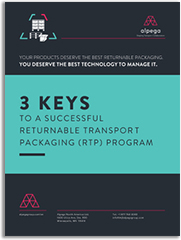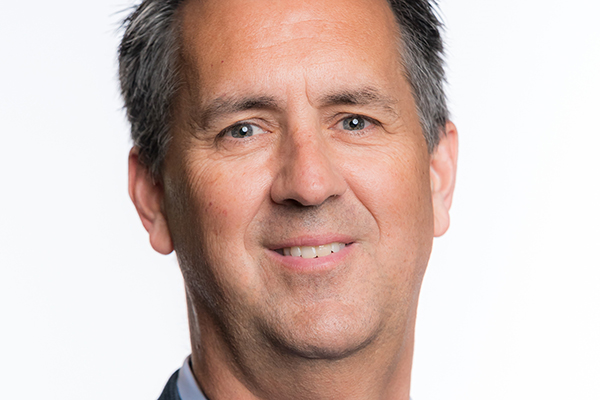Q: What is your number-one takeaway from Gartner 2019?
Mark McArthur: Digitalization of logistics and supply chains isn't the future; it's already here. Organizations that don't embrace current and emerging technologies across their transportation, warehousing and supply chain operations won't be able to compete.
Through technology and automation, digitalization can reduce inefficiencies; provide shared data sets on which to make better decisions; permit end-to-end supply chains by connecting trading partners; and provide visibility throughout execution of all supply chain functions.
Also, more and more supply chain functions are centralized and integrated across supply chain areas themselves. This makes cross-functional collaboration and maximization of internal resources essential. But we know technology alone isn't a magic wand. Achieving the value of digitalization practices requires talent and skills in areas like IoT, advanced analytics, AI, blockchain and other emerging technologies—all coupled with strong supply chain expertise.
Q: What are key market trends, from your perspective?
Mark McArthur: Sustainability. Companies are developing sustainability goals from both the corporate perspective (i.e., reducing dependency on natural resources and eliminating waste), and also from a supply chain perspective. They are actively addressing concerns for the planet and its people, and acknowledge this responsibility alongside profitability.
Everyone must play a part in making a positive contribution to the world we live in. The move towards a circular supply chain is here, and it's intentionally lessening the burden of logistics and supply chains on the environment. As customer preferences continue to shift toward sustainability, and change their buying habits accordingly, businesses demonstrating supply chain and corporate social responsibility will come out on top.
The implementation and use of returnable or multi-use transport packaging is an integral and important aspect of “closing the loop” and moving from a linear to a circular supply chain. Reduce our carbon footprint, reuse transport packaging and other assets, and recycle waste. That's what the future circular economy is all about.
Q: How is your organization reacting to these market trends?
Mark McArthur: The products we bring to market are true multi-tenant, cloud-based solutions which enable and foster collaboration across logistics and supply chain operations. One of the products we offer is a returnable packaging management solution that provides end-to-end visibility to companies' returnable, reusable transport packaging movements, inventories, and costs. Companies are expanding their infrastructures and technology to support these types of reverse logistics initiatives to make their contribution to sustainability.
Cloud-based, collaborative platforms are the fundamental component to a circular economy and to building a digital supply chain ecosystem, as they provide visibility, promote information sharing, and enable an environment of transparency among shippers, carriers, customers, suppliers and partners.
By working together –even with one's competitors – we can all make smarter decisions and make supply chains more efficient. For three years, Alpega was part of the EU-funded project nextrust, which focused on collaborative logistics and whose objective it was to increase efficiency and sustainability. These pilot projects involving multiple shippers delivered up to 46% reduction in empty mileage and demonstrated CO2 reductions of 20-70 percent.

To learn more about how to best manage returnable transport packaging movements and inventory, check out this white paper.
“3 Keys to a Sucessful Returnable Transport Packaging (RTP) Program”.
SC
MR


Latest Supply Chain News
Latest Podcast

 Explore
Explore
Software & Technology News
- AI-driven sourcing: Why the speed of change is going to only accelerate
- Boeing turned to Fairmarkit, AI to help land its tail spend
- Is your enterprise suffering from too much data?
- Supply Chain 3.0: The power of connected data
- One door closes, a better one opens
- What really works in the digital supply chain?
- More Software & Technology
Latest Software & Technology Resources

Subscribe

Supply Chain Management Review delivers the best industry content.

Editors’ Picks




